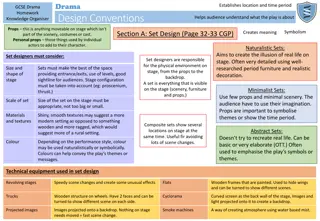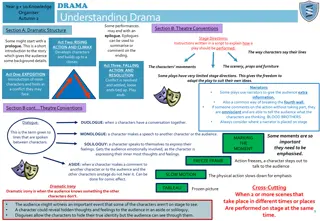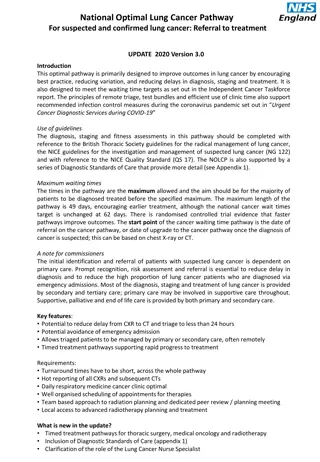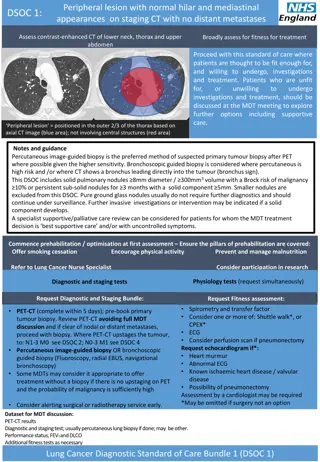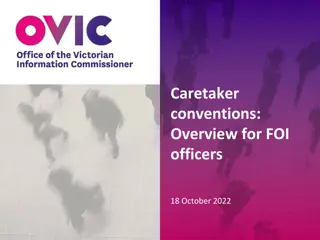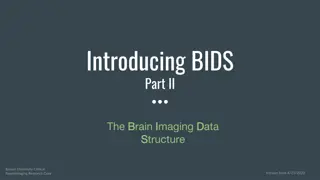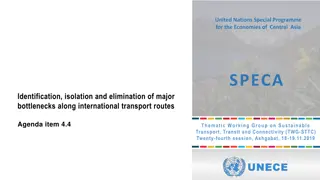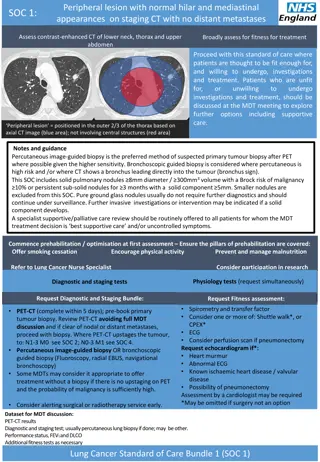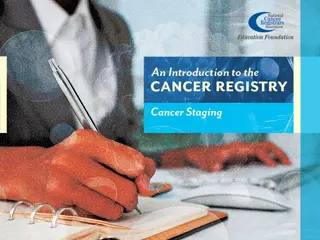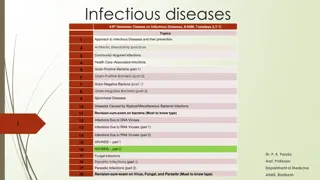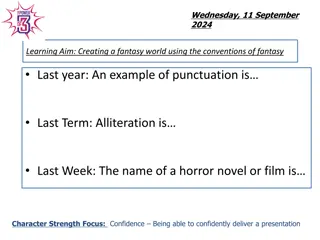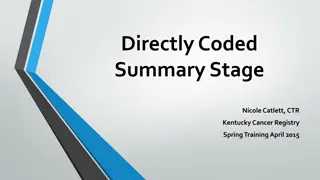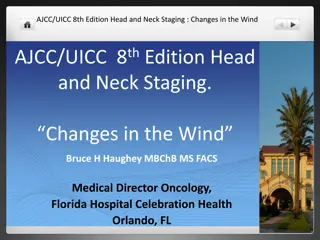Fundamentals of Financial Accounting: Concepts, Conventions, and Cycle
Learn about the systematic process of financial accounting, including identification, recording, measuring, classifying, summarizing, analyzing, and interpreting financial information. Explore essential accounting concepts, conventions, the accounting cycle, rules, journal entries, and ledger manage
11 views • 29 slides
Drama Design Conventions in Set and Lighting for GCSE Drama Productions
This guide delves into the essential aspects of drama design conventions, focusing on establishing location and time period, utilizing props for symbolism, and creating immersive sets using naturalistic, minimalist, and abstract approaches. It also explores the crucial role of lighting in setting th
0 views • 5 slides
Theater Conventions and Characterization in Drama
Theater conventions such as prologues, epilogues, dialogues, monologues, and dramatic structure like exposition, rising action, climax, falling action, and resolution are explored in drama. Additionally, the importance of character creation through techniques like backstories, flashbacks, and flashf
0 views • 4 slides
National Optimal Lung Cancer Pathway: Referral to Treatment Update 2020 Version 3.0
This optimal pathway aims to improve outcomes in lung cancer by reducing delays in diagnosis, staging, and treatment, while meeting waiting time targets. It emphasizes remote triage, test bundles, and efficient clinic use. The pathway includes maximum waiting times, timely treatment pathways, and gu
0 views • 16 slides
Understanding Corn Growth Stages: Leaf Staging Methods and Considerations
Various leaf staging methods, including the Leaf Collar Method and Droopy Leaf Method, are used to identify corn plant growth stages. The Leaf Collar Method involves counting leaves with visible collars, while the Droopy Leaf Method considers leaves at least 40-50% exposed from the whorl. Factors li
0 views • 9 slides
Understanding Grading and Staging of Malignant Tumors in Cancer Patients
Grading and staging are crucial in determining the aggressiveness and extent of malignant tumors. Grading involves assessing the level of malignancy based on cell differentiation and mitotic activity, while staging considers the size of the tumor, lymph node involvement, and presence of metastases.
7 views • 31 slides
Skin Cancer Primary Tumour Staging Changes: RCPath Updates
Explore the latest primary tumour staging changes for skin cancer, including updates from RCPath, datasets for BCC and SCC, changes in TNM classification for skin carcinomas, and upcoming new college datasets. Dive into the evolving landscape of skin cancer staging since January 2018 with detailed s
0 views • 11 slides
Understanding Accounting Conventions and Principles
Accounting conventions are common practices adopted by accountants through general consensus, different from accounting concepts established by law. Key conventions include full disclosure, consistency, conservatism, and materiality, each guiding the disclosure and treatment of financial information
0 views • 6 slides
Bluebook Guide for Law Reviews and Journals at Penn State Law
The presentation provides a detailed overview of the Bluebook rules and formatting conventions for citing legal sources in law reviews and journals, specifically tailored for Penn State Law students. It covers proper citation forms, typeface conventions, and examples for main text and footnote citat
1 views • 105 slides
Standard of Care for Peripheral Lesion Assessment in Lung Cancer
The provided guidelines outline the standard care pathway for assessing peripheral lesions in lung cancer patients based on staging CT findings. It includes recommendations for biopsy methods, fitness assessment, PET-CT imaging, and considerations for treatment decisions. The protocol emphasizes tai
0 views • 5 slides
Role of Lymphadenectomy in Genital Malignancies
Pelvic and paraaortic lymph node evaluation is crucial in the surgical staging of gynecological malignancies. The goals of lymph node dissection are to determine disease extent and guide further treatment. Pelvic lymph nodes include common iliac, external and internal iliac, obturator, sacral, and p
0 views • 16 slides
Understanding Caretaker Conventions in Government Ahead of Elections
Caretaker conventions are a set of practices followed by governments before elections to ensure fair governance transitions. These conventions aim to preserve the autonomy of incoming governments, prevent unfair advantages, and maintain political neutrality in the public sector. During the caretaker
0 views • 8 slides
Understanding BIDS File Naming Conventions
BIDS (Brain Imaging Data Structure) establishes standardized naming conventions for organizing neuroimaging data. It outlines rules for labeling subjects, sessions, tasks, runs, modalities, and exceptions. The structure helps maintain consistency and facilitates data sharing and collaboration in the
7 views • 11 slides
International Transport Route Facilitation Agreements and Conventions
Identification, isolation, and elimination of major bottlenecks along international transport routes are the focus of the United Nations Special Programme for the Economies of Central Asia (SPECA). Various conventions and agreements, such as the Convention on Harmonization of Frontier Controls of Go
0 views • 13 slides
Standard of Care for Peripheral Lesion Assessment with Normal Hilar and Mediastinal Appearances
Assessing patients with peripheral lesion on staging CT with normal hilar and mediastinal findings. Further investigation with contrast-enhanced CT is recommended for fitness evaluation and treatment planning. Biopsy methods, diagnostic criteria, and considerations for nodules and nodal staging are
4 views • 5 slides
Understanding Cancer Staging: Purpose, Sources, and Systems
Cancer staging is crucial in assessing the extent of cancer, determining appropriate treatment, and predicting prognosis. This process involves various sources such as physical exams, radiology scans, and pathology reports. Major staging systems like SEER and AJCC help classify cancer stages. Differ
0 views • 17 slides
Approach to Infectious Diseases: Antibiotic Stewardship, Bacterial Infections, and HIV/AIDS Clinical Staging
In the 4th-5th semester classes on infectious diseases, topics such as antibiotic stewardship, community-acquired infections, and various bacterial diseases are covered. The clinical manifestations and WHO clinical staging of HIV/AIDS for adults and adolescents are also discussed in detail. The cour
0 views • 29 slides
Exploring Fantasy Worlds: Conventions, Types, and Challenges
Dive into the realm of fantasy literature and learn about the conventions, types, and differences between fantasy and sci-fi. Uncover the definition of fantasy, explore popular genres, and discover sub-genres like fiction, science fiction, and historical fiction. Engage in thought-provoking challeng
0 views • 17 slides
Understanding Summary Staging in Cancer Cases
Staging cancer cases is a critical process to determine the extent of the disease at diagnosis. Summary staging, including SEER Summary Stage 2000, categorizes cancer spread, combining clinical and pathologic data. Learn about primary staging systems, summary staging groups, and how cancer spreads l
0 views • 41 slides
Building an International Child Protection System: The Hague 1996 Convention
The need for an international child protection system stems from the globalization and increasing situations where children require coordinated actions across national borders. Limitations in national systems prompt the call for international cooperation through tools like conventions and networks.
0 views • 14 slides
NODC NetCDF Templates for Oceanographic Data Management
Explore the integration of CF and ACDD conventions into the NODC NetCDF templates for organizing oceanographic data. Learn about the benefits, attribute conventions, CF feature types, and how to apply the conventions to your datasets effectively. Use the provided decision tree and examples to stream
0 views • 19 slides
International Human Rights in Occupation Law: Principles and Conventions
Explore the application of international human rights in the context of occupation law, examining key principles like territorial authority, restoration of public order, protection of individuals, and essential provisions for fulfilling obligations under international conventions.
0 views • 33 slides
Analysis of Staging the Spirit in Shakespearean Drama
Exploring the significance of staging spirits in Elizabethan drama, particularly in Hamlet, sheds light on how Shakespeare cleverly blended Protestant and Catholic viewpoints through characters like Horatio and the ghost. The meeting between Hamlet and his father's spirit marks a pivotal moment in t
0 views • 14 slides
Exploring Effective Phonics Teaching and Spelling Conventions through History
Explore the development of effective phonics teaching and spelling conventions through reflective logs and historical context. Discover the impact of phonics sessions on understanding and teaching practices, delving into Old English to modern-day practices. Learn about the evolution of language and
0 views • 57 slides
Clinical and Pathological Staging Cases in Oncology
This collection highlights clinical and pathological staging cases in oncology, covering scenarios from colon, lung, bladder, and kidney cancer. Each case presents detailed information on tumor characteristics, lymph node involvement, metastasis status, and clinical stages. Images accompany the desc
0 views • 9 slides
Understanding Shakespeare's Conventions in Macbeth Act 1 Scenes 1 and 2
Explore the importance of rhyme, rhythm, iambic tetrameter, and iambic pentameter in Act 1 Scenes 1 and 2 of Macbeth. Dive into the conventions Shakespeare uses for conveying meaning, including the use of rhyme in verse, rhyming couplets, and the significance of rhythm in the witches' opening scene.
0 views • 16 slides
International Agreements on Means and Methods of Warfare Throughout History
Explore the evolution of international agreements regulating means and methods of warfare from the 19th century to the present day, focusing on limitations imposed on belligerents to protect civilians and combatants. Various treaties and conventions such as the Hague Conventions, Geneva Conventions,
0 views • 23 slides
Naming Conventions in IEEE 802.15 TG3d Proposal
This document discusses naming conventions in the context of IEEE 802.15 TG3d, focusing on the THz PHY, pairnet concept, and HRCP applications. It distinguishes between TG3d and TG3e, highlighting commonalities and differences in device operations, frequency bands, and application scenarios.
0 views • 9 slides
Education Policy Evolution and Innovation at 2018 Convention in Cork
In 2018, Clayton Hotel Silver Springs in Cork hosted conventions focused on redeveloping the senior cycle, the interplay between international and domestic education policies, the role of global influencers and disruptors, challenges such as the climate crisis and the pandemic, and the evolving land
0 views • 16 slides
International Family Mediation and Hague Conventions Overview
International Family Mediation plays a crucial role in resolving cross-border family conflicts, such as custody disputes and child abduction cases, by promoting communication and sustainable solutions. The Hague Conventions provide legal frameworks for amicable solutions in international family law
0 views • 10 slides
Best Practices for Naming Conventions in Solution Development
Understand the importance of naming conventions for files, functions, methods, and variables. Learn how proper naming can enhance code readability, avoid potential errors, and ensure consistency across projects. Discover tips to create effective names that are easily understood, self-descriptive, an
0 views • 20 slides
Updates on TNM-8 Staging for Urological Cancers: Insights by John Mitchard
An update by Consultant Histopathologist John Mitchard on TNM-8 staging for urological cancers, highlighting changes in RCC definitions and grading, along with minor adjustments in bladder staging. Details include revised pT3 criteria for kidney tumors, improvements in bladder M1 and T2 classificati
0 views • 14 slides
Client Services Report: Pay Source 9999 County of San Diego
This report provides crucial information on services staging to Pay Source 9999 (Private Pay) in the County of San Diego. It is recommended to run this report monthly towards the end of the month to ensure correct staging. After running the report, check if services are staging correctly and make ne
0 views • 15 slides
Understanding MIPS Functions and Calling Conventions
MIPS functions in assembly language are called using the 'jal' instruction, passing arguments in specific registers. Functions must end with 'jr $ra' and have explicit declarations. MIPS functions are stored separately from the main function in memory. The 'jal' instruction jumps to a specified addr
0 views • 18 slides
Enhancing Operational Efficiency and Collaboration in Project Management
This content provides insights into the changes happening in the online quotes release webinar organized by Brian Donlon and Olivier Perrigueur. It discusses aligning CRM and quoting tools, standardizing project naming conventions, and identifying primary influencers. Additionally, it explores the b
0 views • 12 slides
The Importance and Functions of Scenery in Theatre Productions
Scenery in theater serves vital roles such as providing a stage for actors, setting the scene, revealing interrelationships, indicating production style, and following staging conventions. It helps create mood, atmosphere, and aids in focusing the audience's attention on the performance. Effective d
0 views • 26 slides
AJCC/UICC 8th Edition Head and Neck Staging Changes
This content delves into the changes in staging guidelines for head and neck malignancies as per the 8th edition of the AJCC/UICC criteria. It explores the modifications in staging for oropharynx cancer, neck metastatic disease, oral cavity depth of invasion, and cutaneous malignancies. The presenta
0 views • 32 slides
Pointer and Reference Conventions in C++ Programming
Understanding the conventions for passing pointers and references in C++ is crucial for safe and effective programming. Different forms allow various levels of control, from read-only access to modification rights, each signaling a specific intent. These conventions help prevent unexpected behavior
0 views • 21 slides
Best Real Estate Staging in Dalrock
Are you looking for the Best Real Estate Staging in Dalrock? Then contact Orderly Fashion LLC. Whether you\u2019re a home owner who wants to DIY or a realtor looking for staging tips, this could be the option for you. \u2018OF\u2019 will consult, sou
0 views • 6 slides
Staging Airbnb Solutions- Elevate Your Rental’s Appeal
Ready to elevate your Airbnb rental? Contact Lovitt by Design for expert staging solutions that turn your property into a guest magnet. Let us help you unlock the full potential of your short-term rental! \n\n\n
1 views • 7 slides

